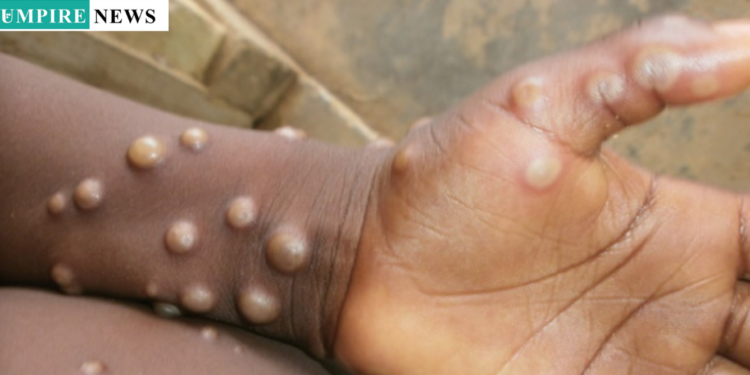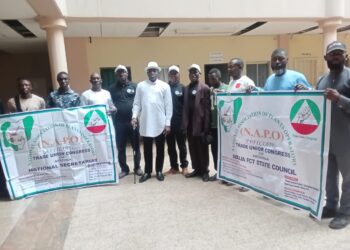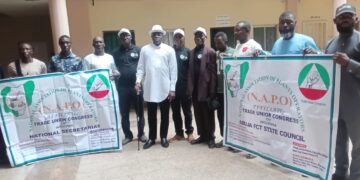In response to the increasing cases of Mpox in Cross River State, the Ministry of Health, in partnership with the Nigerian Red Cross Society (NRCS), has mobilized 200 community-based volunteers to assist in containing the outbreak. This initiative comes as the state reports 117 suspected cases and 14 confirmed cases of Mpox across several local government areas, including Calabar South, Calabar Municipal, Akpabuyo, and Akamkpa. The volunteers were trained to take on crucial tasks that would help reduce the spread of the disease.
The training, which lasted for two days, was carried out in three different clusters. It focused on key areas such as Risk Communication and Community Engagement (RCCE) and surveillance, both of which are integral to the state’s response strategy. Volunteers were equipped with the necessary skills to engage local communities, providing them with accurate information about Mpox prevention and encouraging prompt action for suspected cases.
The role of the volunteers is vital in the fight against Mpox. Their responsibilities include conducting house-to-house awareness campaigns, identifying and reporting suspected cases, tracing contacts, and offering psychosocial support to affected individuals and families. This grassroots approach ensures that health interventions reach every corner of the affected areas, particularly those that may otherwise remain underserved.
The training was facilitated by key health officials, including State Epidemiologist Mrs. Inyang Ekpenyong Ekpo and Disease Surveillance and Notification Officer (DSNO) Christiana Ugbong. These professionals emphasized the importance of accurate communication and timely response in controlling the outbreak. The program also underscores the importance of local leadership and community involvement in managing public health crises effectively.
With this concerted effort, the Ministry of Health and NRCS aim to curb the spread of Mpox and protect the residents of Cross River State. The collaboration highlights the state’s commitment to using local resources and expertise in tackling health challenges, especially in remote and high-risk areas.



































